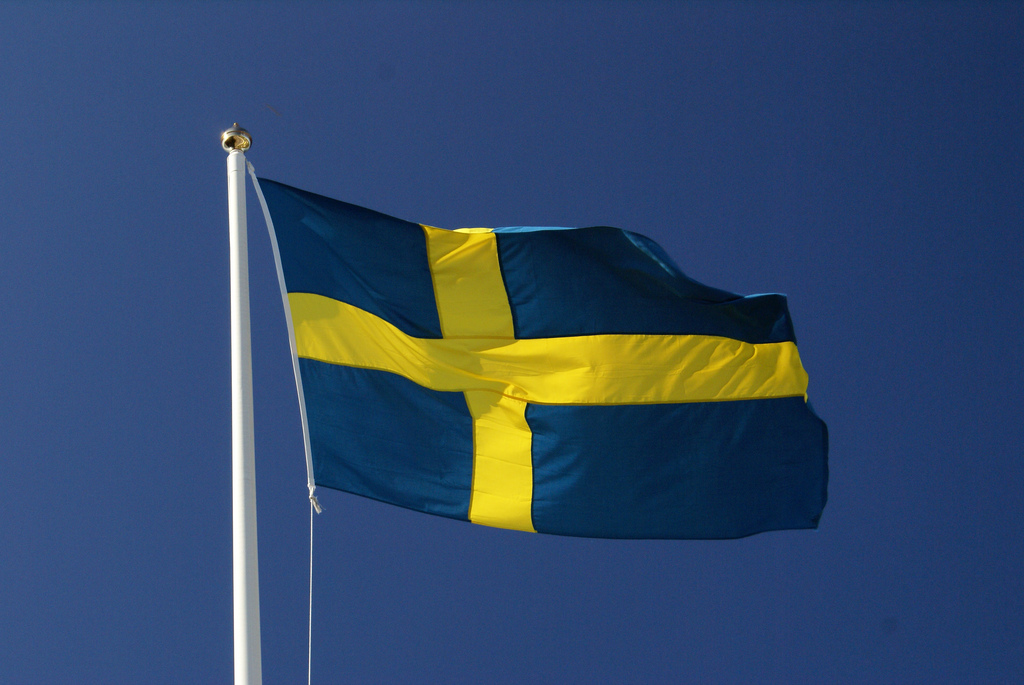 Parler
Parler Gab
Gab
CDC: Delta variant is as contagious as chickenpox
Tegnell's comments were made in response to newly released data from the Centers for Disease Control and Prevention (CDC) suggesting the delta variant is more transmissible and could potentially cause more severe illness. The New York Times and other media outlets reported that the CDC now believes the delta variant is as contagious as chickenpox. (Related: Delta variant of the coronavirus will be the new excuse for tyrannical health measures.) "It is difficult to say how contagious delta is, [as] when it comes to chickenpox, we have been able to follow the disease for several years. The infectivity [of delta] seems to be very uneven. In some cases, one person infects a hundred people, then we have other occasions when an infected person does not infect anyone at all," he told Sweden's Aftonbladet. In a separate interview, he pointed to the fact that one-third of the country's municipalities reported zero new COVID-19 cases over the past week. At the same time, there was an uptick in cases among young people in Stockholm and other large cities. While U.S. health authorities are pressing Americans in "high transmission" areas to mask up, Sweden dropped its last remaining mask mandate – related to public transport – on July 1. Sweden's public health agency has supported measures such as social distancing and remote working, but it has no recommendations for the use of face coverings in public spaces.No lockdown, no problem
Reviled by the media for refusing to impose harsh lockdowns, Sweden's approach to the health crisis appears to be paying off. The Scandinavian nation has recorded a total of eight COVID-linked deaths in July for an average of 0.26 deaths per day. While it's possible this number will increase due to reporting lags, deaths have undoubtedly plummeted over the past several months. On June 4, Sweden reported 13 deaths. Daily hospitalizations have also stayed close to zero in July. On most days last month, the country saw between 0-2 COVID-19 cases requiring hospital treatment. At the same time, daily cases have fallen sharply since April. In the last two weeks, Sweden has had a slightly higher average of 0.6 COVID-19 deaths per day. But it was still low compared with 74 fatalities in the UK and 329 deaths in the U.S. per day over the same period. Sweden has also kept its economy afloat throughout the pandemic with its reluctance to enforce tough social distancing rules or lockdowns. Despite the promising developments, Tegnell warned against getting too comfortable. He stressed that Sweden is still in a pandemic and urged his countrymen, especially those in younger age groups, to get vaccinated. Tegnell said that the spread of the delta variant was highest among young people who are not adhering to social distancing guidelines as much as older citizens. "There is a need for preparedness and attention everywhere. One should not draw any conclusions from the fact that no sick people have been found in a municipality this week. It can lead to serious consequences if you drop your guard," he said.Sweden plans to offer boosters despite low number of COVID deaths
On Monday, August 2, Tegnell announced plans for booster vaccine doses for the most vulnerable citizens from the start of September. "The assessment is that it is not possible to eradicate the virus and therefore vaccination work should be long-term and focused on reducing serious illness and death," Tegnell said. Sweden's Public Health Agency said that it is expecting the country's entire adult population to have received two doses of COVID-19 vaccine by autumn, and that there will be a good supply of vaccine over the coming years. (Related: Big Pharma companies begin push for coronavirus booster shots, with no end in sight.) It did not give an exact figure for how many people would get a third dose next year, but said that a large part of the population would be offered another dose. This follows similar declarations in the UK, Germany and Israel. The Telegraph reported on Monday that UK Prime Minister Boris Johnson wants boosters to be offered to 32 million Britons beginning next month. Over 50s, immunosuppressed people and National Health Service (NHS) and care home staff, will be offered third doses from Sept. 6. The vaccines will be administered at up to 2,000 pharmacies, with the goal of reaching 2.5 million per week. All eligible adults are expected to get a dose of Pfizer, regardless of which vaccine they received for their first two injections. Latest data from Public Health England suggests the Pfizer injection is slightly more effective against the delta variant, which could encourage the UK government to adopt the mix-and-match strategy. Follow Pandemic.news for more news and information related to the coronavirus pandemic. Sources include: RT.com DailyMail.co.ukSupplementing with vitamin D found to improve blood pressure in overweight children
By Zoey Sky // Share
“Morally and intellectually corrupt”: UCLA professor resigns in protest over viewpoint intolerance
By News Editors // Share
Deborah Birx hid covid info from Trump, altered CDC guidelines without approval
By Ethan Huff // Share
By Mary Villareal // Share





